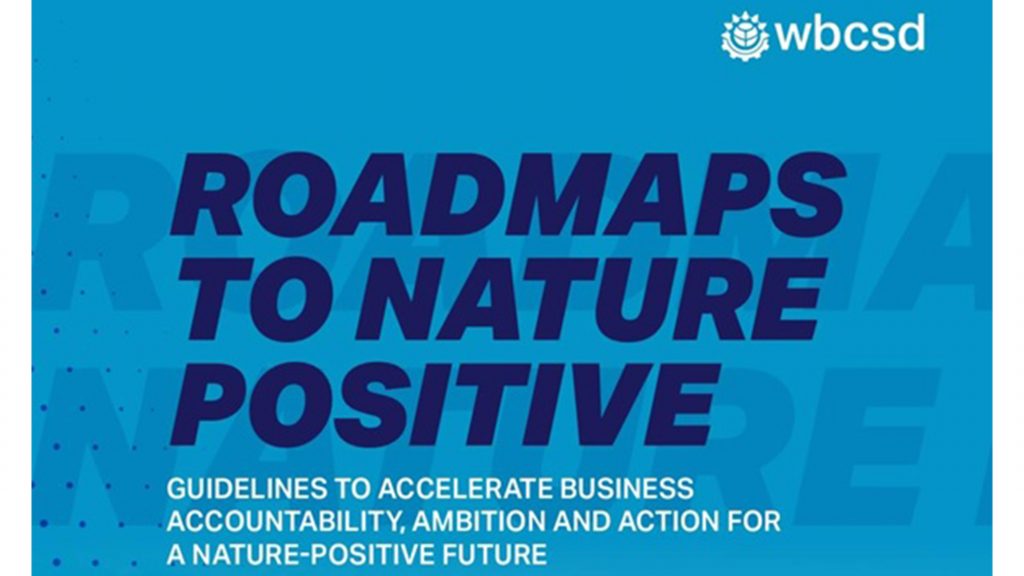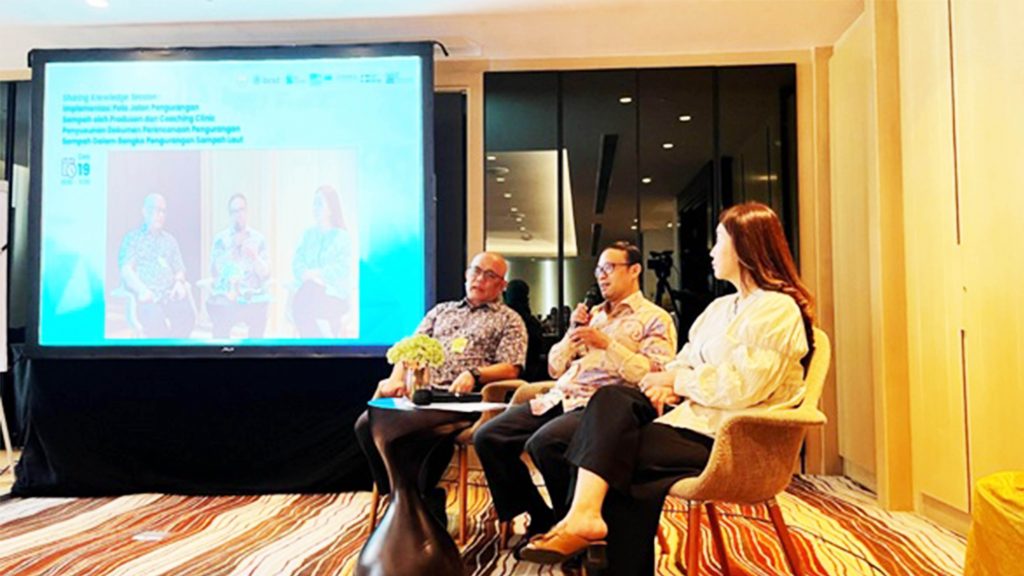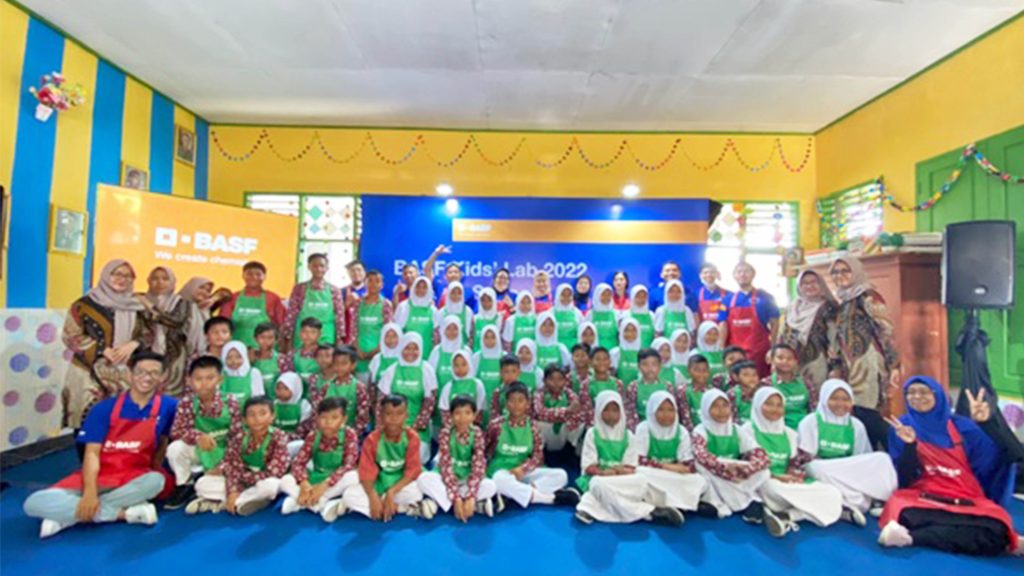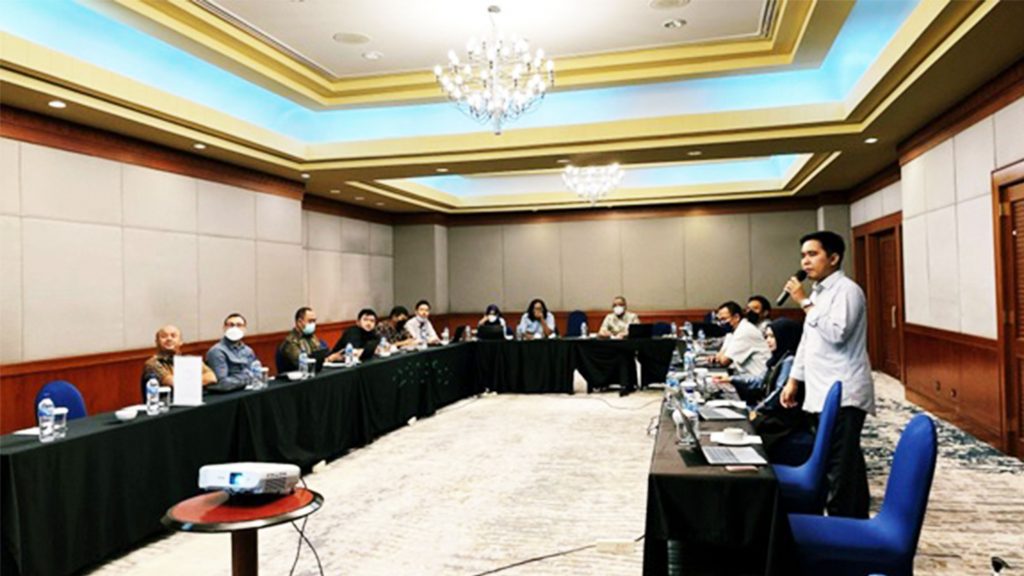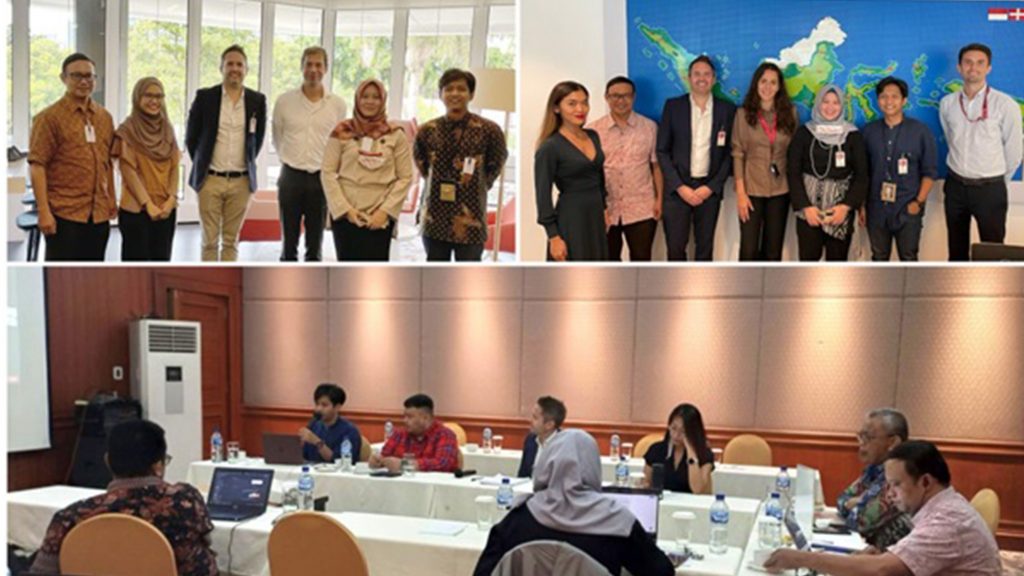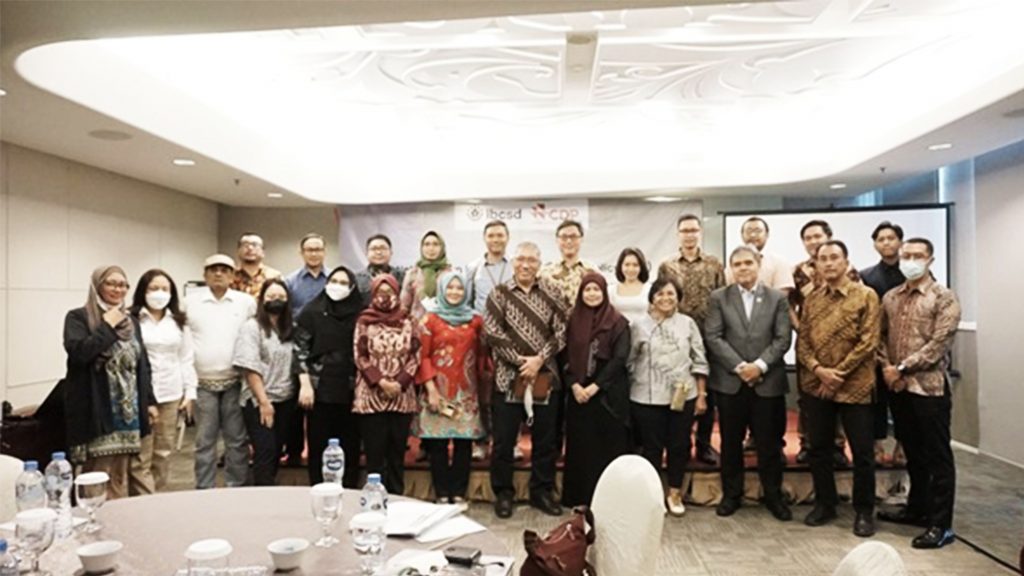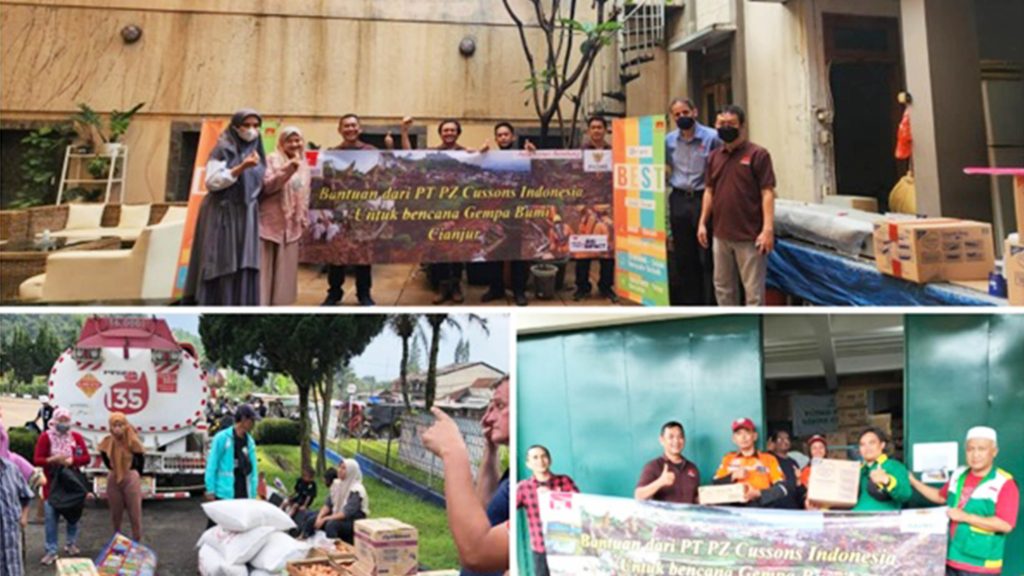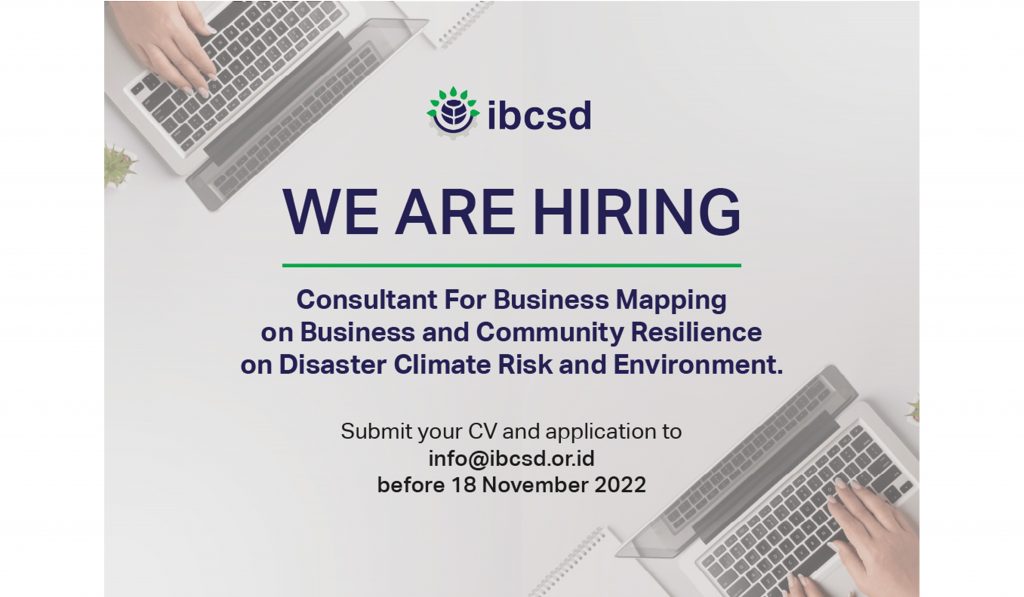Nature loss is disrupting the global economy, with around half of the economy moderately or highly dependent on it. The 2021 Dasgupta Review highlights that the economy is closely tied to the biosphere and that the loss of nature is causing material risks in operation and value chains. Businesses need to move to collective action to achieve a nature-positive future.
Nature-positive roadmaps will assist companies in setting and assessing financial risks related to nature. They will serve as a foundation for developing ambitious strategies and plans for integrating nature-positive practices throughout their entire value chains. These roadmaps will help companies implement and improve their nature-related goals and objectives. The roadmaps adopt relevant frameworks and resources, such as Natural Capital Protocol, and key voluntarily standards from Science Based Targets Network (SBTN) and Taskforce on Nature-related Financial Disclosures (TNFD), as well as the baseline reporting framework from International Sustainability Standards Board (ISSB).
In order to achieve a nature-positive planet by 2030, companies and financial institutions must adopt comprehensive strategies across all their spheres of control and influence throughout their value chains. To ensure accurate and robust claims about nature, businesses should aim to be as thorough as possible in their assessments, commitments, transformations and disclosures of their impacts and dependencies on nature. This requires a shift in mindset from risk mitigation to a “just and regenerative” approach, as outlined in the Vision 2050. To effectively implement these changes, companies should consider the scope, range of nature issues, integration with sustainability, and corporate mindset for each action: assess, commit, transform and disclose. Furthermore, there are maturity levels which measure the scope of the companies: “starting”, “developing”, “advancing”, and “leading”. To credibly align with the global goal for nature, companies should aim for “advanced” and “leading” maturity levels.
This roadmaps will be a guidance that provides a checklist of actions to assess, commit, transform, and disclose performance for companies. Six value-chain specific objectives are also identified for businesses to collectively undertake, aligning nature conservation efforts with climate action goals. These objectives include assessing the materiality of the issue, setting targets, allocating resources, promoting supportive policy, using credible metrics, and reporting progress.
The roadmaps guideline can be downloaded from this link.

